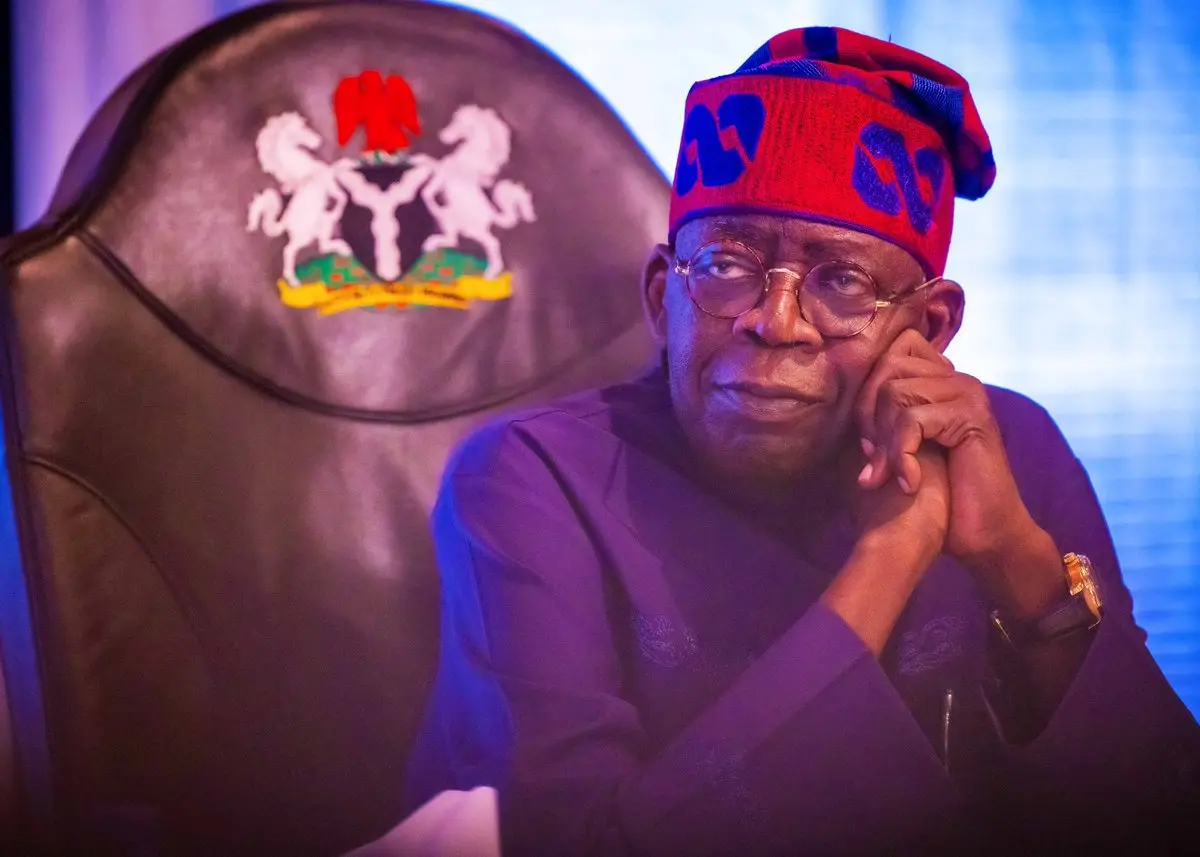In launching his presidency on May 29 2023 during his inauguration as the newly elected President of Nigeria, Asiwaju Bola Ahmed Tinubu had apparently opted for a dramatic entry. This observation falls in line with his delivery of the presidential address to the nation, ostensibly in keeping faith with his electoral campaign manifesto titled ‘Renewed Hope 2023 – Action Plan for a Better Nigeria’.
Last week Monday provided him the opportunity to commence the actualisation proper of the letters and spirit of that manifesto with the inauguration of his cabinet of ministers who in an allegorical context, also qualify as the President’s Men and Women. With their coming on board, the die is now cast for Nigerians to engage the Tinubu administration on the terms of his manifesto.
For the purpose of recall, among the highlights of Tinubu’s manifesto is the re-creation of Nigeria into ‘a society of shared values’, with specifics as revival of the economy to provide for expansion of its productive base, pursuant to reducing imports as well as boosting exports, creating jobs and fostering economic inclusion of millions of presently marginalized Nigerians, as well as shoring-up the Naira towards parity among leading currencies of the world.
Others are the modernisation of public infrastructure and making available and accessible, access to housing and health care, to all. Yet another rather critical aspiration of the manifesto is the fostering of a national security architecture that will re-invent the personnel and operations to surmount the challenges posed by insurgents as well as terrorists, but still “win the hearts and minds of Nigerians”.
Police arrest suspected killer of Justice Igbeta
NASFAT president tasks new ministers on performance
Taken together, these and other aspirations not mentioned here are unmistakably daunting challenges, given the state of affairs in the country. This is why there is the groundswell of concern over who takes over leadership in the country with Tinubu now in the saddle as the President of Nigeria – apparently serving as the butt of criticisms. And that is also why with their advent, the entire complement of the President’s Men and Women, have come to share with him the role of the proverbial ‘whipping boy’.
Incidentally, the coming of the president’s men and women has not been without its complement of surprises, twists and turns right from the call-up of the individuals as ministerial nominees, screening by the Senate, delineation into winners and losers, administration of oath of office, and finally, resumption of duty. Considering that these ministers were nominated by their respective states, with various plots and maneuvers attending and defining the emergence of each of them, it must be a credit to the president that he has assembled as well as welded a team out of their disparate personal circumstances, and now has at his disposal, a cabinet to work with.
Talking of the personal circumstances of these president’s men and women, loom into prominence the stories of perhaps the most favored winners and the most pained losers. For out of 48 nominees the Senate approved 45 with three still awaiting security clearance. In this context are the rather unique instances of Nyesom Ezebunwo Wike and Nasir el Rufai, former governors of Rivers and Kaduna States respectively. Both went into the mill with similar credentials as immediate past governors of their respective states, but ended up with varying outcomes. Wike was favoured ostensibly by the circumstances of his political savvy and antecedents to emerge as a distinguished cross-over minister being a member of the main opposition PDP, and is serving in an APC government, and in the strategic portfolio of Minister of the Federal Capital Territory. Meanwhile, Nasir el Rufai bit the dust also due to his antecedents in public office and now with the circumstance of inability to scale the security clearance hurdle.
If nothing else the personal circumstances of these two high profile political figures offer a legion of lessons on the impact of perception by the general public, on the performance in office by individual potentates. Would it then be out of place to remind that an ultimate lesson in public service is that there is always a day of reckoning for whatever role anybody plays in life – private or public? Given his prominence in the fortunes of the ruling APC and supposed closeness to President Bola Ahmed Tinubu, the last picture anybody would ordinarily contemplate is the exclusion of Nasir el Rufai from the present administration. But this is Nigerian politics where anything can happen, except perhaps turning a man into a woman and vice versa.
Interestingly, the cerebral Nasir el Rufai has long put the twist behind him with the poetic phrase of ‘man to man is so unjust’. This is an abridgment of the popular verse that ‘Man to man is so unjust I don’t know who is man to trust. I have trusted many to my sorrows. Friends today, enemies tomorrow’. As an aside, it is easily recalled that in the hey days of the popular ‘Onitsha Street Literature’ one author had cast a fictional character named ‘Bomber Billy’ who put the verse as follows: ‘Since man to man is so perfidious, I don’t know who is man to trust. I have trusted many to my calamities. Amicability today, antagonism tomorrow”. Against the backdrop of his poetic outing, whoever did Nasir el Rufai in, remains a matter for another day.
But for the rest of the president’s men and women, they now need to see themselves as not mounted immovably on a rocky stage. They are rather in a game of musical chairs, given the circumstances of their advent, the proclivities of their principal President Bola Tinubu and the mood of the country. This much should be clear to them courtesy of the charge given them by the President at the swearing in ceremony. Nigerians are also holding them accountable for the success or failure of the president’s agenda.
Here is saying it loudly and clearly, Tinubu is not Buhari.

 Join Daily Trust WhatsApp Community For Quick Access To News and Happenings Around You.
Join Daily Trust WhatsApp Community For Quick Access To News and Happenings Around You.

